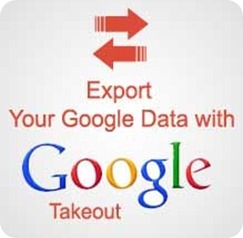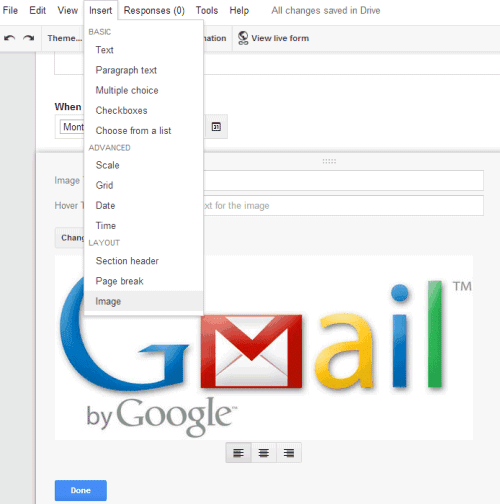The Google Reader users are habituated to bookmark their sites. Some others went ahead and used to subscribe their sites and updating them by using Emails. Out of all services, Google Reader service is very useful. Through the Gmail account, a Google reader can obtain whatever information required and by adding the information to their sites and selecting URLs and can obtain old posts from here. Therefore the Google network is providing an astonished facility to the users. This network has been functioning successfully since many years. But, due to some unavoidable reasons the Google shutting down this reader facility and this announcement is a shock to the users.
What are the Reasons?
In the Google Reader Blog post, the date of shutting down was announced as July,1st, 2013. As the Google Reader is retiring from the Global Internet by showing two reasons, which are very simple.
- Usage of Google reader has declined and as a company we are pouring all of our energy into fewer products.
- We think that kind of focus will make for a better user experience.
This announcement was published in the month of March. It is also advised the users to shift into better alternative services with in three months. It is also brought a new Service as Google Takeout service in order to collect the backup of the data deposited in Google reader website. Therefore with this new service the data preserved in not only in Google reader but also in Google account the entire data in Bloggers, Google+, Mails, Google drive data, Picasa Data, Youtube, etc can be collected.
What are the alternatives?
There are so many alternative websites came into existence in the place of Google reader. Some of them are
- Feedly – It is very good web based application available also iOs and android application
- Bloglines - Bloglines is the fastest way to find, track and vote on your favorite websites and blogs in real-time
- Feedspot - Feedspot is the best RSS Reader with social features. It's Free
- Old Reader (Minimalistic) : It's the ultimate RSS reader. Just like the old Google reader, only better. Import your subscriptions in one click,
- News Blur (Open source) : NewsBlur is a personal news reader bringing people together to talk about the world. Web. iPad & iPhone. Android. Sign in. First.
- RSS Bandit (You will get updates at your desktop with this application): A free desktop news aggregator for Windows built on the .NET Framework.
Conclusion:
The Google reader service is going to be shutdown on 1st July, 2013. So every user should backup the data preserved in their Reader services and should changes into alternative service as soon as possible.
Do not forget to share this post on Social Media like Facebook, Twitter, Google+ and Pinterest friends.


